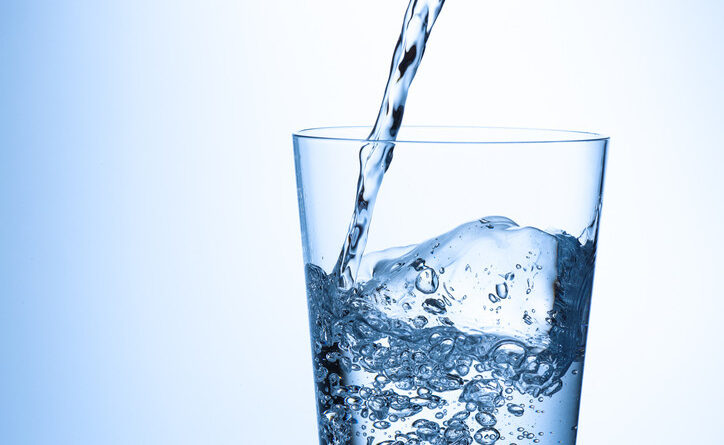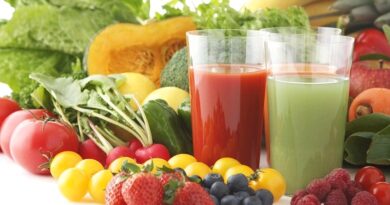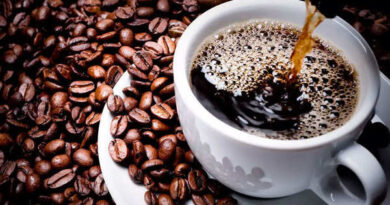Water
Why water is considered food ?
Water is a macronutrient (nutrients required by body in large amounts) made of two elements – hydrogen and oxygen. Water is an inorganic (doesn’t contain carbon) compound. Water is referred as food because it contains other nutrients like sodium and potassium which belongs to mineral category.
Why hydration is crucial for body ?
Water is essential for life. From the time that primeval species ventured from the oceans to live on land, a major key to survival has been prevention of dehydration. The critical adaptations cross an array of species, including man. Without water, humans can survive only for days. Adult human is 60 percent water and staying hydrated is a daily necessity. Unfortunately, many of us aren’t getting enough to drink, especially older adults.
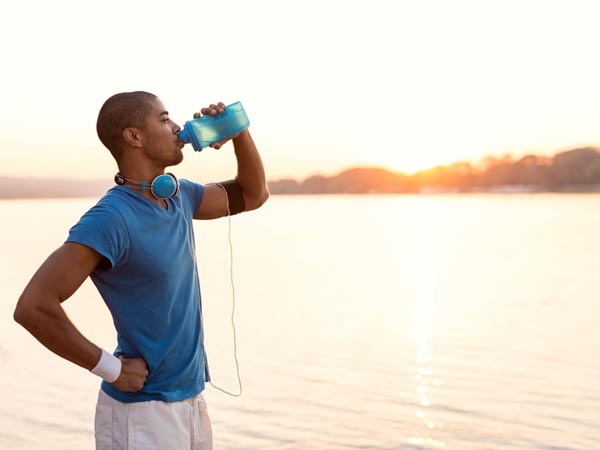
What are functions of water ?
- Water is major component of our body and 60% body weight of an adult is water. It serves as the major and essential component of all cells and tissues.
- Water is the medium of all body fluids including blood, saliva, digestive juice, urine, feces and sweat.
- Water plays important role in regulation of body temperature. Heat is produced in body by burning of carbohydrates, fats and proteins. Water helps to distribute this heat throughout the body.
- Water is universal solvent. It dissolves a variety of substances including all the products of digestion and carries them to various parts of the body via blood.
- Water bathes the body cells and keeps them moist. Hence it acts as lubricant.
What are benefits of Drinking water ?
1. Lubrication of Joints :- Cartilage found in joints and disks of the spine contains around 80% water. Long-term dehydration can reduce the joint’s shock-absorbing ability, leading to joint pain.
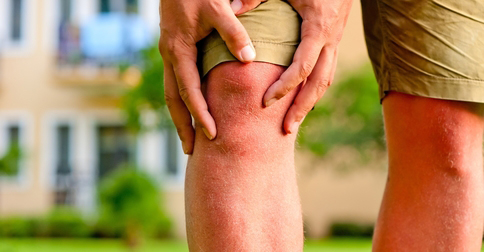
2. Forming of saliva and mucus :- Saliva helps us digest our food and keeps the mouth, nose and eyes moist. This prevents friction and damage. Drinking water also cleans the mouth. Consuming water instead of sweetened beverages can reduce tooth decay.
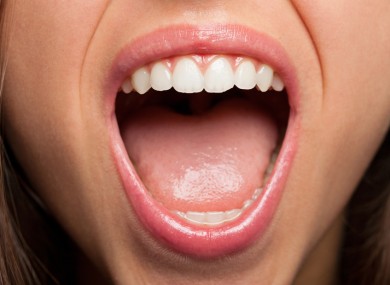
3. Delivery of Oxygen :- Blood is more than 90% water, and blood carries oxygen to different parts of the body.
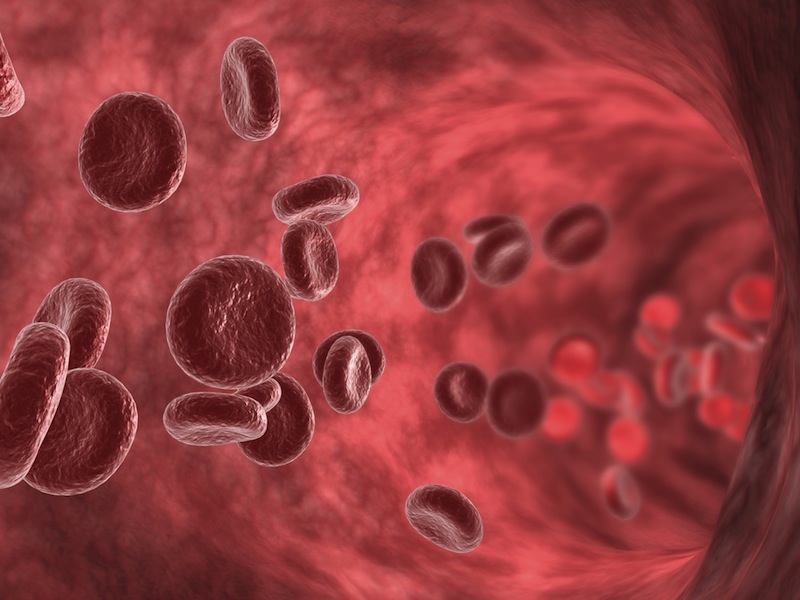
4. Skin health and beauty :- With dehydration, skin becomes more vulnerable to skin disorders and premature wrinkling.

5. Cushions essential body organs :- Water cushions the brain, spinal cord and other sensitive tissues. Dehydration can affect brain structure and function. It is also involved in the production of hormones and neurotransmitters. Prolonged dehydration can lead to problems with thinking and reasoning.
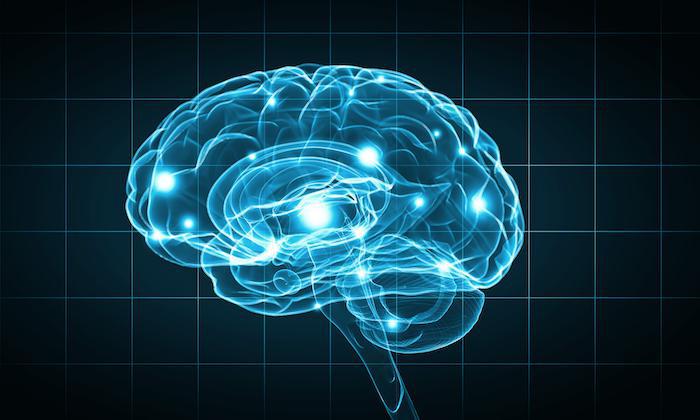
6. Regulate body temperature :- Water that is stored in the middle layers of the skin comes to skin’s surface as sweat when the body heats up. As it evaporates, it cools the body. When there is too little water in the body, heat storage increases and the individual is less able to tolerate heat strain. Having a lot of water in the body may reduce physical strain if heat stress occurs during exercise.
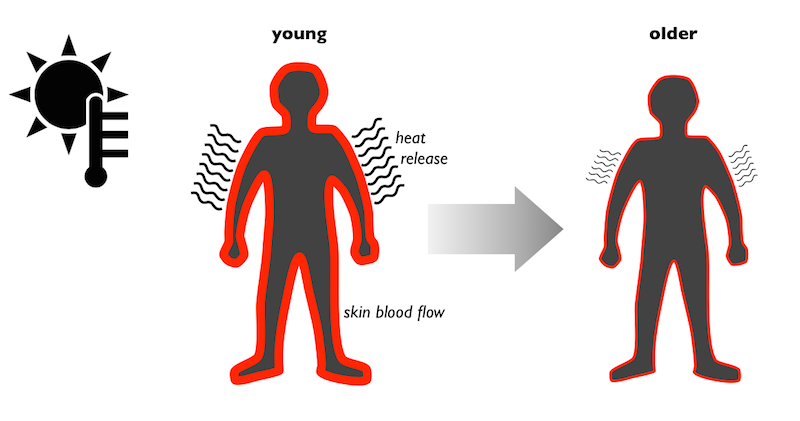
7. Effect on digestive system :- The digestive system depends on water. The bowel needs water to work properly. Dehydration can lead to digestive problems, constipation and an overly acidic stomach. This increases the risk of heartburn and ulcers.
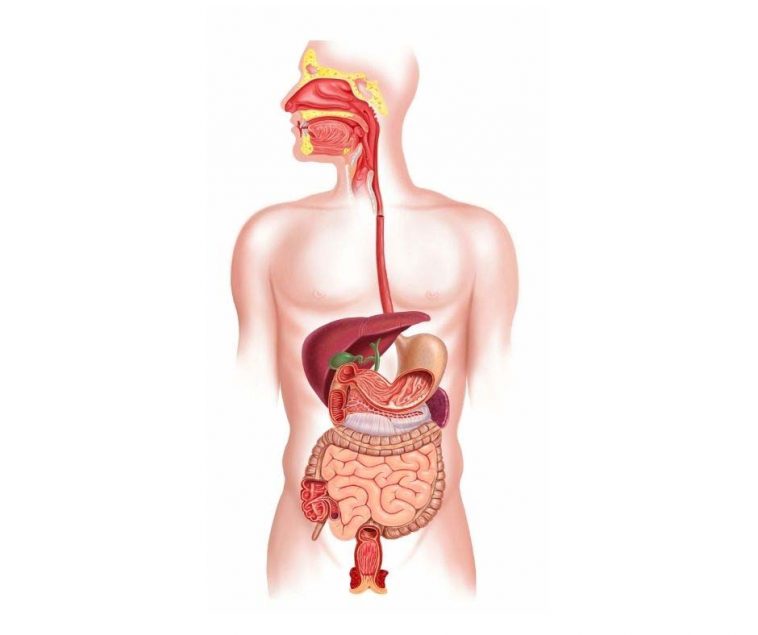
8. Flushes body wastes :- Water is needed in the process of sweating and removal of urine and feces.
9. Maintain blood pressure :- A lack of water can cause blood to become thicker, increasing blood pressure.
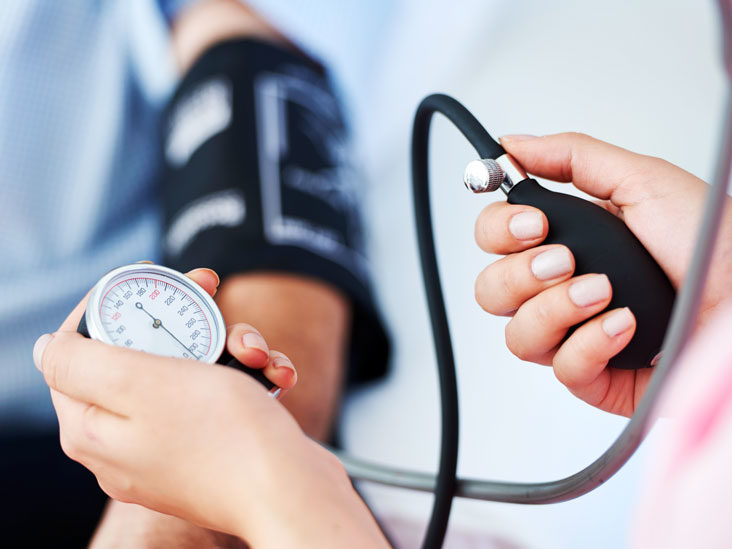
10. Prevents kidney damage :- The kidneys regulate fluid in the body. Insufficient water can lead to kidney stones and other problems. Higher fluid intake increases the volume of urine passing through the kidneys. This dilutes the concentration of minerals, so they’re less likely to crystallize and form clumps.

11. Maximize physical performance :- If you don’t stay hydrated, your physical performance can suffer. This is particularly important during intense exercise or high heat. Dehydration can lead to altered body temperature control, reduced motivation, and increased fatigue. It can also make exercise feel much more difficult, both physically and mentally.

12. Maintain Body Weight :- Drinking plenty of water can help you lose weight. This is because water can increase satiety and boost your metabolic rate. Some evidence suggests that increasing water intake can promote weight loss by slightly increasing your metabolism, which can increase the number of calories you burn on a daily basis. The timing is important too. Drinking water half an hour before meals is the most effective. It can make you feel more full so that you eat fewer calories
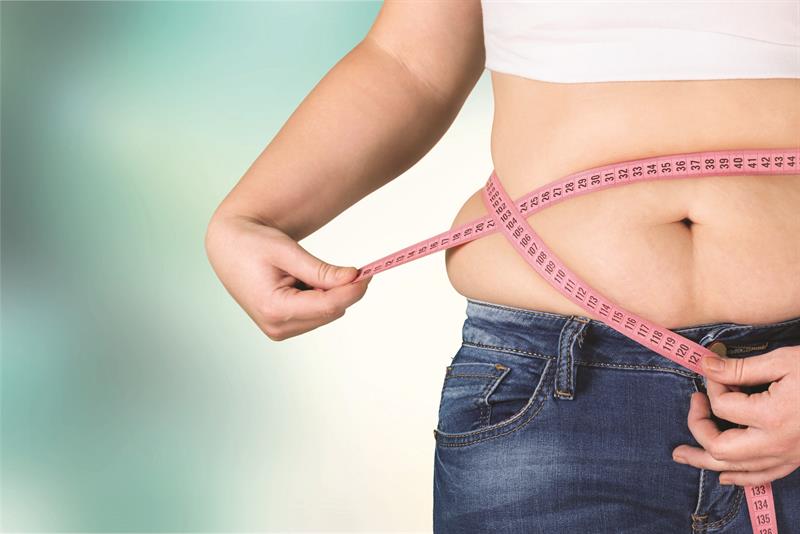
How much water to be consumed ?
There is no universally agreed quantity of water that must be consumed daily. The amount of water needed each day varies from person to person, depending on how active they are, how much they sweat, and so on. There is no fixed amount of water that must be consumed daily, but there is general agreement on what a healthy fluid intake is.
- For men: Around 3.7 liters
- For women: Around 2.7 liters
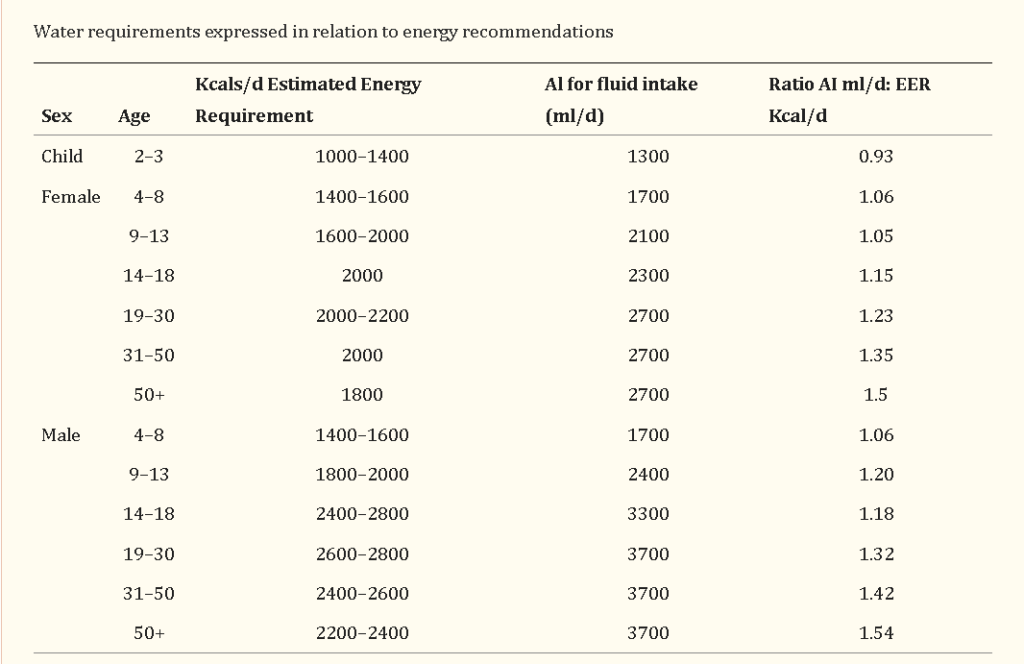
It’s possible to take in too much water if you have certain health conditions, such as thyroid disease or kidney, liver, or heart problems; or if you’re taking medications that make you retain water, such as non-steroidal anti-inflammatory drugs (NSAIDs), opiate pain medications, and some antidepressants.
What are the sources of water ?
During everyday functioning, water is lost by the body, and this needs to be replaced. We notice that we lose water through activities such as sweating and urination, but water is lost even when breathing. Drinking water, whether from the tap or a bottle, is the best source of fluid for the body. Other sources are given below :-
- Ingestion of water in form of liquids : Tea, coffee, fruit juices etc.
- Ingestion of water in form of solids foods :-
- Vegetables : Spinach (92.1%), Pumpkin (92.6%), Peas (72.1%)
- Fruits : Apple (84.6%)
- Milk : Cow’s (87.5%)
- Cereals : Wheat (12.8%), Rice (13.7%)
- Pulses :Bengal gram (9.8%)
- Water is also formed in the body from the metabolism of nutrients.
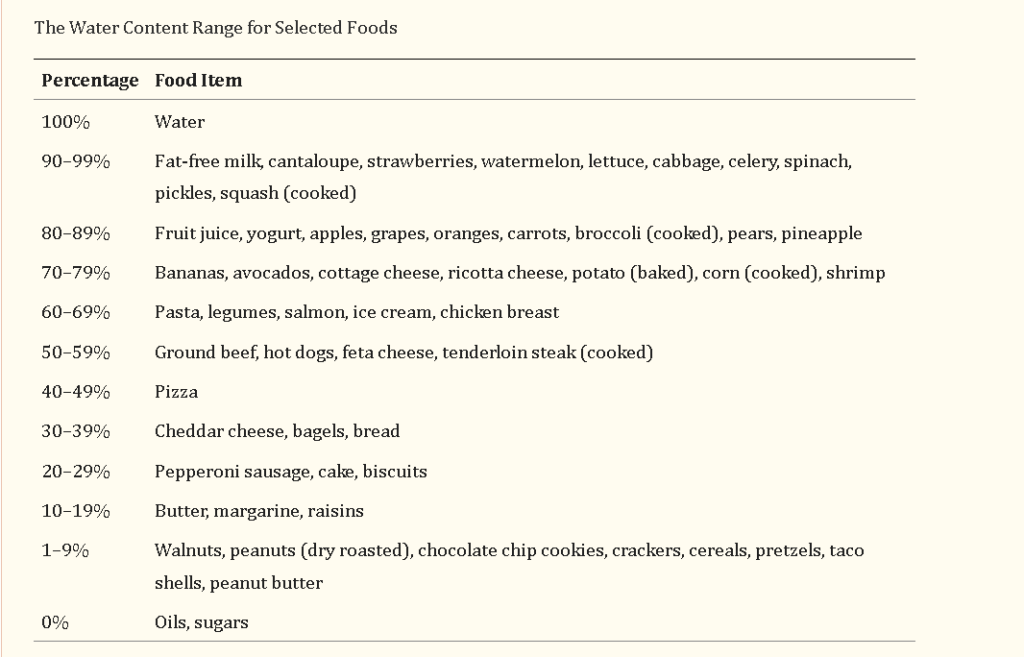
How to avoid Dehydration ?
To ward off dehydration, drink fluids gradually, throughout the day. An easy way to do this is to have a drink at each meal, as well as socially, or with medicine. And know that you also get fluids from water-rich foods, such as salads, fruit, and applesauce. It’s not just water that keeps you hydrated. All beverages containing water contribute toward your daily needs.
Does caffeinated beverages and alcohol drinks cause dehydration ?
It’s a myth that caffeinated beverages or those containing alcohol are dehydrating because they make you urinate. They do, but over the course of the day, the water from these beverages still leads to a net positive contribution to total fluid consumption.
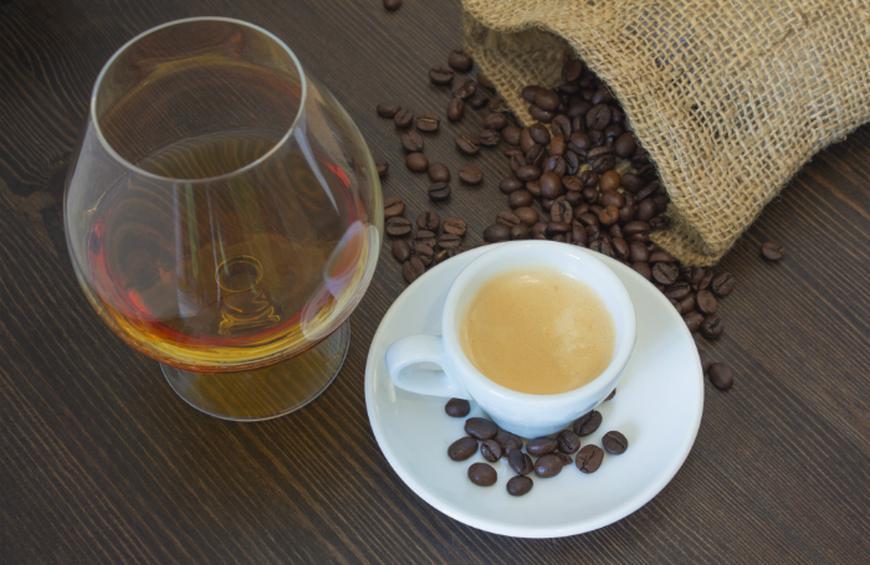
Did you know this about water ?
- Babies and children have a higher percentage of water than adults. When babies are born, they are about 78 percent water, but this falls to 65 percent by the age of 1 year.
- Fatty tissue has less water than lean tissue.
- Men have more water than women, as a percentage.
Tips to drink more water
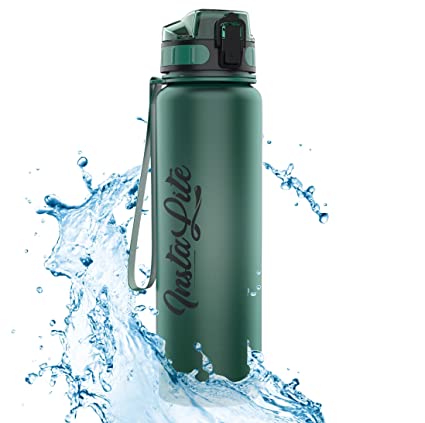
- Carry a water bottle with you and refill it throughout the day.
- Freeze some freezer safe water bottles. Take one with you for ice-cold water all day long.
- Choose water over sugary drinks.
- Opt for water when eating out. You’ll save money and reduce calories.
- Serve water during meals.
- Add a wedge of lime or lemon to your water. This can help improve the taste and help you drink more water than you usually do.
How do I know if I’m drinking enough?
Your fluid intake is probably adequate if:
- You rarely feel thirsty
- Your urine is colorless or light yellow
Your doctor or dietitian can help you determine the amount of water that’s right for you every day.
To prevent dehydration and make sure your body has the fluids it needs, make water your beverage of choice. It’s a good idea to drink a glass of water:
- With each meal and between meals
- Before, during and after exercise
- If you feel thirsty
How water is balanced in the body ?
Source : Drinking water, beverages, food and metabolism of nutrients in body
Utilization : Various body processes
Lost : Through kidneys (urine), skin (sweat), lungs (breathing) and digestive tract (saliva and faeces)
Want to know more, Visit https://www.ncbi.nlm.nih.gov/pmc/articles/PMC2908954/

